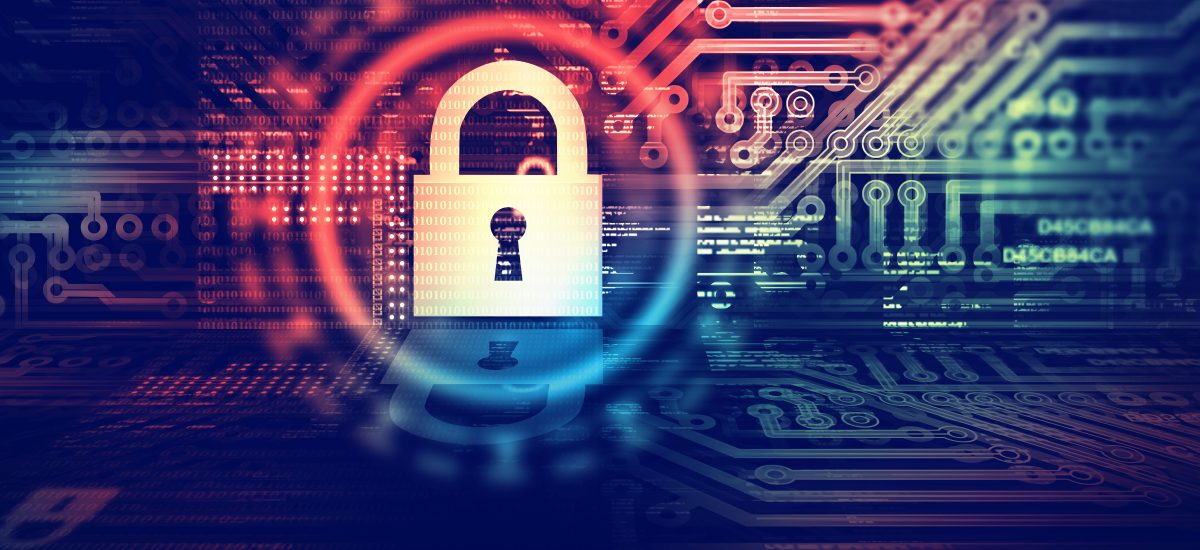1. Use Strong Passwords & Enable Two-Factor Authentication (2FA)
- Create unique passwords for each account with a mix of letters, numbers, and symbols.
- Use a password manager to keep track of them securely.
- Always enable 2FA for extra protection—this makes it harder for hackers to access your accounts.
2. Beware of Phishing Scams & Suspicious Links
- Don’t click on links or download attachments from unknown emails or messages.
- Scammers often create fake websites that look real—always double-check the URL before logging in.
- If an email looks suspicious, verify it directly with the company.
3. Keep Software & Devices Updated
- Install updates for your operating system, apps, and security software regularly.
- Updates often fix security vulnerabilities that hackers exploit.
- Enable automatic updates whenever possible.
4. Be Wary of Free Downloads & Fake Apps
- Only download software from official websites or trusted app stores (Google Play, Apple App Store).
- Avoid “free” versions of paid software—they may contain malware or spyware.
- Read reviews and check permissions before installing any app.
5. Use Secure Wi-Fi & a VPN
- Avoid using public Wi-Fi for banking or sensitive transactions unless using a VPN.
- Set a strong password for your home Wi-Fi and disable unnecessary sharing features.
- Use a firewall and antivirus to add extra layers of security.
Following these IT safety tips will keep you safe online and protect your personal, and company information!
If you fall foul to any account breaches or computer viruses due to the above, then please speak to our team and we’ll be more than happy to get you secured and back on track!

